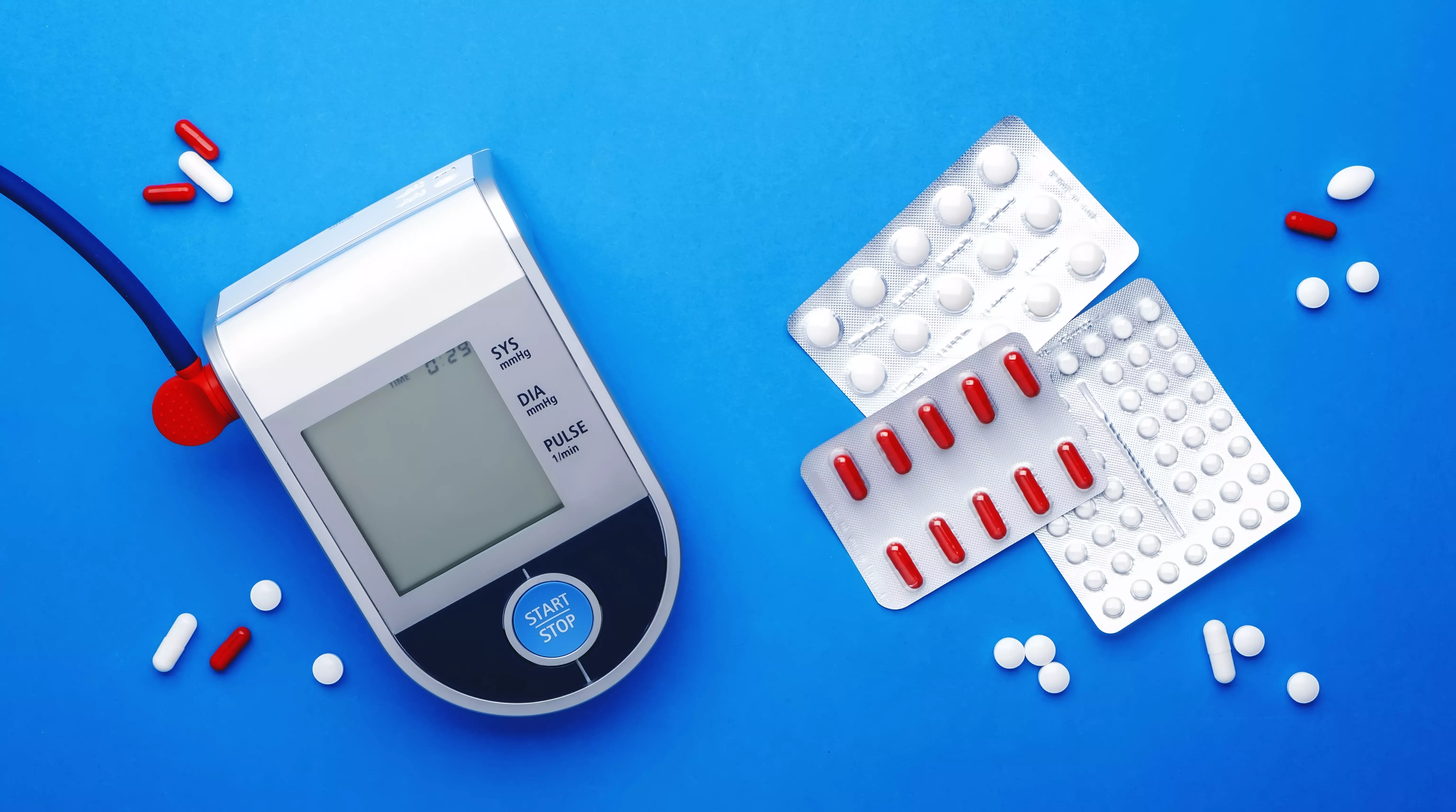Treatment of hypertension in patients with kidney disease
Hypertension is one of the most important risk factors for developing kidney disease. The coexistence of these two conditions poses serious challenges for patients and physicians. Proper treatment of hypertension in patients with kidney disease is key to maintaining patient health and preventing disease progression.
Hypertension is chronic elevated blood pressure in the arteries. The disease is a common cause of many serious conditions, such as coronary heart disease, heart failure and stroke. In patients with kidney disease, hypertension is particularly dangerous because it can lead to progressive loss of kidney function.
There are many risk factors associated with the development of hypertension in patients with kidney disease. These include smoking, being overweight, alcohol abuse, an unhealthy diet high in salt and low intake of fruits and vegetables, as well as stress and lack of physical activity. It is important that patients with kidney disease maintain a healthy lifestyle and avoid risk factors that can worsen their condition.
The primary goal of treating hypertension in patients with kidney disease is to lower blood pressure to target values. The recommended blood pressure values for this group of patients are below 130/80 mmHg. To achieve this, it is often necessary to use a combination of several antihypertensive drugs with different effects.
Among the drugs used in patients with kidney disease, the most common are angiotensin-converting enzyme inhibitors (ACEIs) and angiotensin II receptor blockers (ARBs). These drugs have a vasodilatory effect and protect the kidneys from damage. It's important to take them as prescribed by your doctor, as dosage and timing may vary depending on your individual situation.
In addition, it is essential to monitor patients with hypertension and kidney disease for possible complications and deterioration. Regular checkups, such as measuring albuminuria levels, assessing kidney function or laboratory tests, allow the effectiveness of treatment to be assessed and, if necessary, therapy to be adjusted.
The importance of lifestyle changes for patients with hypertension and kidney disease should not be overlooked. It is important to reduce the intake of salt, saturated and trans fats, and increase physical activity. Regular exercise, such as walking, cycling and swimming, has a beneficial effect on blood pressure and the patient's overall well-being.
Conclusions:
The treatment of hypertension in patients with kidney disease requires a comprehensive approach and an individualized approach for each patient.Using a combination of antihypertensive drugs, such as ACEIs and ARBs, can be an effective way to lower blood pressure.Patients with hypertension and kidney disease should maintain a healthy lifestyle and avoid risk factors that can worsen the condition.Regular checkups help monitor the effectiveness of therapy and, if necessary, make changes in treatment.Lifestyle changes, such as limiting salt and fat intake and increasing physical activity, are key to achieving lasting improvements in health.Understanding and awareness of the need to treat hypertension in patients with kidney disease are key to achieving therapeutic success. Patient-physician cooperation and sustainable lifestyle changes are indispensable components of the treatment process. With appropriate therapy and a healthy lifestyle, patients with hypertension and kidney disease can lead full and active lives without fear of deterioration.
Add comment